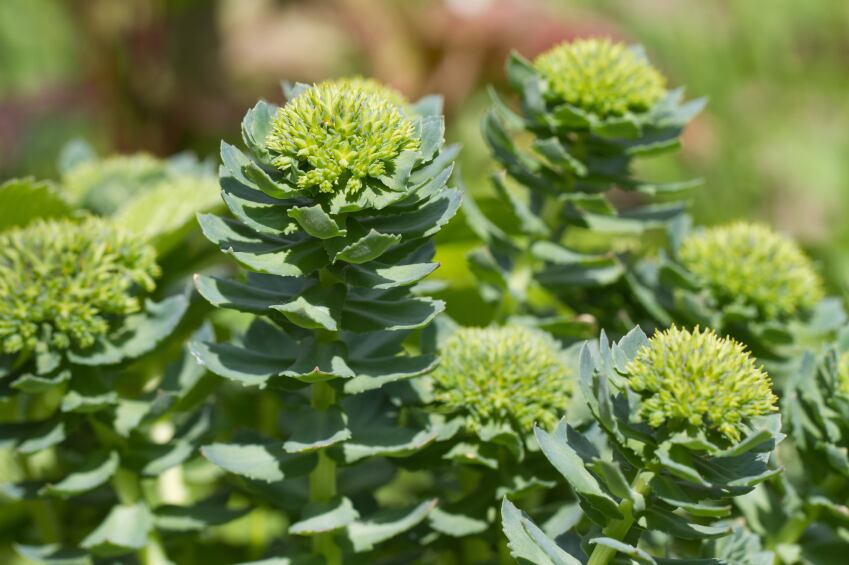The research compared two products registered under the Traditional Herbal Medicine Products Directive (THMPD) with 38 products without any registration.
The researchers said analysis of the unregistered products, available to European buyers via the internet and other sources, appeared to show adulteration with different species and other unknown adulterants was “commonplace”.
Meanwhile products registered under the THMPD contained authentic R. rosea.
The researchers said the results revealed a clear need for investigation into value chains of R. rosea and other Rhodiola species of which there are over 200 and to investigate how and why such adulteration can happen.

“In addition a systematic study of other Rhodiola species and their phytochemical composition is certainly warranted. This research also calls for more training within the industry and for raising awareness of the relevant stakeholders,” they wrote in the journal Phytomedicine.
Phytochemicals lineup
R. rosea L. Crassulaceae, root – also Golden Root and Arctic Root – is a herbal medicine registered in the UK for the treatment of stress-induced fatigue, exhaustion and anxiety based on traditional use. Numerous unregistered supplements are also available however.
The study found: “Approximately one quarter of unregistered Rhodiola products were either adulterated or of low rosavin content and did not conform to their label specification regarding the rosavin levels present.”
Rosavin is the phytochemical – chemical compounds occurring naturally in plants – believed to be behind its possible health benefits.
Around 80% of products were of “poorer quality” than the registered products regarding rosavin content.
“This indicates that there are major breakdowns in the quality systems employed along the various stages of Rhodiola value chains,” they said.
The root of R. rosea is mainly wild-harvested in the Altai Mountains in southern Siberia.
The researchers said there had been little interest in investment in large-scale cultivation, leading to supply-demand pressure that could explain the prevalence of adulteration with other species, particularly R. crenulata and other Chinese species.
“Good quality systems and manufacturing practices, including those required under the THMPD, enable consumers to have confidence that products are authentic and meet a high specification for quality and safety,” they said.
The who’s who of herbals
The Traditional Herbal Medicine Products Directive seeks to ensure all herbal medicines on the EU market are checked and safe before being sold.
“Buying unregistered products presents a clear risk in that these products have not been subjected to the same rigorous controls as products manufactured under a strictly regulated and closely monitored framework,” they wrote.
The study highlighted the difficulty of spotting the difference between registered and unregistered herbal products.
“There is no practical way for the general public to differentiate unregistered genuine products from adulterated products.”
Testing times
The researchers behind the study were from University College London School of Pharmacy in the UK, Guangdong Pharmaceutical University in China, German pharmaceutical company Dr. Willmar Schwabe GmbH & Co and Swiss thin layer chromatography instrument and testing company CAMAG.
The research tested the products using high performance thin layer chromatography (HPTLC), a method which can track reactions, identify compounds present and determine purity.
Source:Phytomedicine
Published online ahead of print, doi:10.1016/j.phymed.2015.10.006
“The authenticity and quality of Rhodiola rosea products”
Authors: A. Booker, B. Jalil, D. Frommenwiler, E. Reich, L. Zhai, Z. Kulic, M. Heinrich
